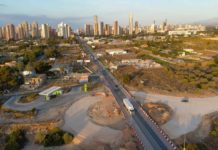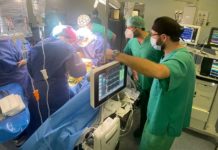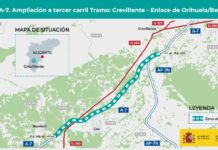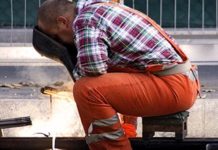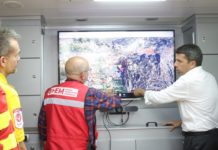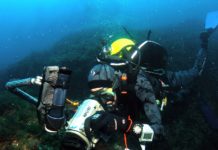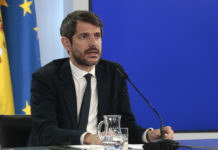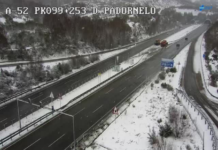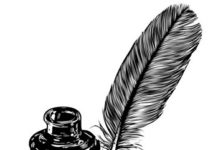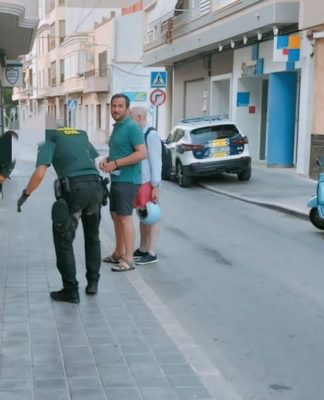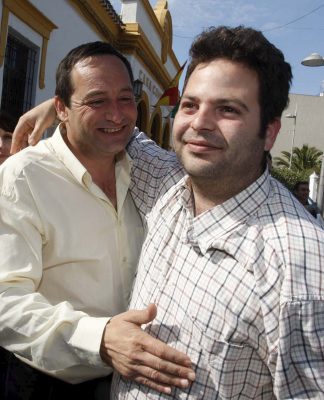July 16
About a year ago, the bustling Friday ‘mercadillo’ was moved from New Torrevieja to the northern platform on the non-residential Avda. Delfina Viudes. There was much debate about moving this market, but yet the decision of the municipality supported by José Manuel Dolón, green mayor of Torrevieja, paid off in all respects. Traffic bottlenecks, street blockage, noise and dirt made a lot of problems for residents of Torrevieja all the year round.
With the advent of summer, the population of the town, its suburbs and surrounding villages is growing by an order of magnitude, so the need to move in and park in narrow streets is no longer on Fridays. Apparently, both the town and suburbs, densely populated by pensioners, are particularly pleased with the new spacious market.
Nevertheless, the problems brought by municipal and private transport remain a sparkling challenge for the town, especially in the summer vacations. Automobile noises, vibration and exhausts create an unpleasant ecological background in densely populated areas. The townspeople and guests of Torrevieja who live on narrow streets with exhaustive traffic, such as Apollo, Antonio Machado, Patricio Zammit, Diego Ramirez, Orihuela, and Ramón Gallud, are mainly prone to noise and air contamination.
Although public transport, both urban and intercity one, is more sustainable than a private car, nevertheless it is a serious source of noise and emissions, like as toxic unburned hydrocarbons and soot particles, because the bus fleet consists essentially of out-of-date diesel-powered buses.
So, the quality of life in the car-clogged streets does not meet enough current environmental and hygienic standards. As a result, the above-mentioned streets are not built up, and residential and commercial areas are difficult to lease and sell. Many apartments along the roads are vacant, and the people who manage to get rid of real estate are leaving the town. Hence, a number of solutions of varying degrees of complexity arise.
At first, environmental pressure on the town can be reduced by the removal of intercity transport from the tightly populated areas, as it was done, e.g. in neighbouring Orihuela. There is a need to move the coach bus station, located at the intersection of Antonio Machado and del Mar, to the broader shopping Ave. de las Cortes Valencianas, which is much more suitable as a take-off highway. For example, a suitable place for the coach station could be selected at uncompleted area in the neighbourhood with Comercio Chino.
Secondly, the replacement of bulky diesel buses, whose average age exceeds six years, into the more ecological and economical models is needed. The buses hardly fit into the narrow streets of old Torrevieja, creating toxic exhausts, noise and vibration, especially at intersections and traffic lights.
The urgent solution lies particularly in reducing both the periods of braking/dispersal and the residence time for buses and heavy cars on the street. Introduction of the well-known “green wave” into practice could solve this task.
Some city buses make a loop to Mercadona, passing through C. Apollo twice within three minutes. It is clear why this is so: no proper place on the narrow and busy street occurs from a bus stop near the Fontana Hotel to C. Diego Ramirez (the next one is far away, near to the Domti store).
Meanwhile, just on the crossroad of Apollo and Diego Ramirez, there is a large piece of land unused for a long time. This site has no chance of being sold or built up for the same environmental reasons. Therefore, a rational decision of the municipality of Torrevieja would be facilitate to use this land for the bus stop “El Corte Ingles” (instead “Mercadona”) for a number of the city buses going from C. Apollo to the left. The site is also suitable for a green lawn and seating area.
Such solutions can improve living standards in a number of Torrevieja areas. Special attention is worthy to address to midnight bikers, street-racers and drivers, fans of loud music. But about them somehow next time.
Michael Wattle











